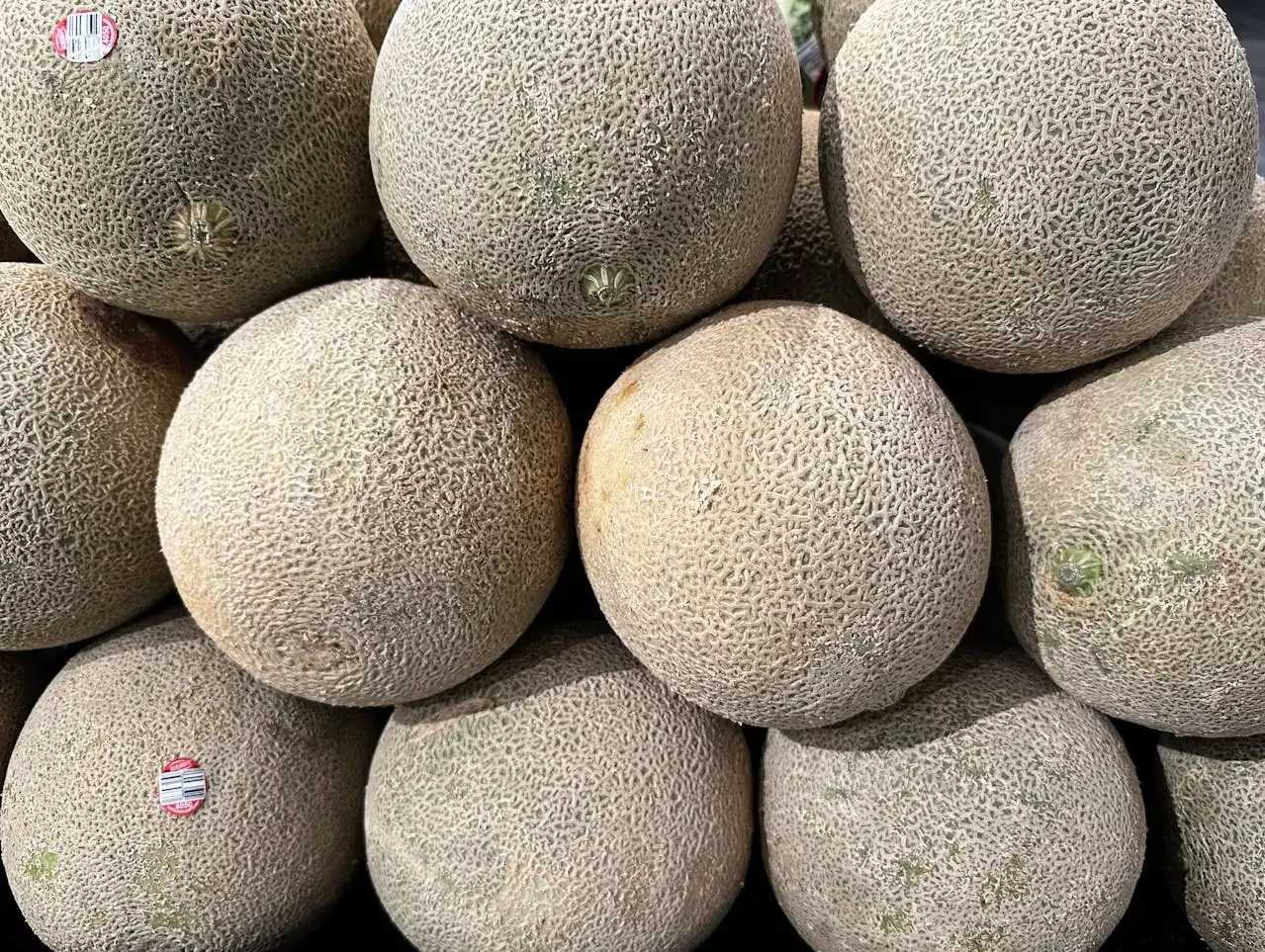
Passionate & Certified Nutritionist
Introduction to Peas
Peas, members of the legume family, have been cultivated for centuries. They come in various forms such as green peas, snow peas, and snap peas, each with a distinct texture and flavor. These little green wonders are not only a delight to the taste buds but also a nutritional powerhouse. Their versatility in both culinary applications and health benefits makes them a star ingredient on many fronts.
Nutritional Profile of Peas
Peas boast an impressive nutritional profile. They are a rich source of dietary fiber, providing digestive benefits and aiding in weight management. A portion of 100 grams of peas typically contains:
- Calories: 81
- Protein: 5.42g
- Carbohydrates: 14.45g
- Dietary Fiber: 5.1g
- Vitamin A: 38% of the Recommended Dietary Allowance (RDA)
- Vitamin C: 67% of the RDA
- Vitamin K: 24% of the RDA
- Iron: 14% of the RDA
- Potassium: 5% of the RDA
Peas also contain essential minerals like phosphorus, magnesium, and folate. These nutrients contribute to overall health, supporting immune function, bone health, and energy production.
Health Benefits of Peas
Rich in Antioxidants
Peas are a remarkable source of antioxidants, including vitamin C and vitamin E. These antioxidants play a crucial role in neutralizing harmful free radicals in the body, which can otherwise lead to oxidative stress and contribute to chronic diseases.
Heart Health Support
The high fiber content of peas contributes to heart health. Dietary fiber helps lower cholesterol levels by binding to cholesterol molecules and preventing their absorption in the bloodstream. This has the potential to decrease the chances of experiencing cardiovascular issues like heart attacks and strokes.
Blood Sugar Regulation
Peas have a low glycemic index, meaning they cause a slow and gradual rise in blood sugar levels. This quality is beneficial for individuals with diabetes, as it helps prevent sudden spikes and crashes in blood sugar.
Peas for a Green Planet: Sustainable Farming
Nitrogen Fixation and Soil Health
One of the standout features of peas is their ability to fix nitrogen in the soil. Peas form a symbiotic relationship with nitrogen-fixing bacteria, enriching the soil with essential nitrogen compounds. This not only benefits the growth of peas but also improves soil fertility for other crops. Peas are often used in crop rotation practices due to their nitrogen-fixing ability. By planting peas in rotation with other crops, farmers can enhance soil health, reduce the need for synthetic fertilizers, and create a more resilient agricultural ecosystem.
Reduced Carbon Footprint
Compared to many other protein sources, cultivating peas requires significantly fewer resources and generates a lower carbon footprint. Their efficient use of water and energy makes them a sustainable choice for those concerned about the environmental impact of their food choices.
Digestive Health with Peas
Promoting Gut Microbiota
The dietary fiber in peas acts as a prebiotic, providing nourishment for beneficial gut bacteria. A balanced and diverse gut microbiome is linked to improved digestion, enhanced immune function, and even mental well-being.
Preventing Constipation
The combination of soluble and insoluble fiber in peas helps prevent constipation by adding bulk to stool and facilitating its movement through the digestive tract. This can lead to more regular and comfortable bowel movements.
Supporting Gut Barrier Function
Peas contain compounds that support the integrity of the gut lining. This can help prevent a “leaky gut,” a condition where the intestinal barrier becomes more permeable, potentially leading to inflammation and health issues.
Maintain Optimal Body Weight
Satiety and Weight Management
The protein and fiber content of peas contributes to a feeling of fullness and satiety after eating. Including peas in meals can help control appetite and reduce the likelihood of overeating, which is beneficial for weight management.
Lean Protein Source
Peas are an excellent source of plant-based protein. Unlike some animal proteins, peas are naturally low in saturated fats and cholesterol. This makes them a heart-healthy choice for individuals looking to maintain or lose weight.
Metabolic Boost
Peas contain essential B vitamins, such as folate and thiamine, which play a role in energy metabolism. These vitamins help convert food into energy, supporting an active lifestyle and aiding weight management efforts.
Risks of Eating Peas
Flatulence and Digestive Discomfort
While peas offer numerous health benefits, some individuals may experience gas and bloating after consuming them. This is primarily due to the complex carbohydrates in peas that are fermented by gut bacteria, leading to the production of gas.Allergies and Sensitivities
Though rare, some people may have allergies or sensitivities to legumes, including peas. Symptoms can range from mild digestive discomfort to more severe reactions like hives or difficulty breathing. It’s important to be aware of any allergic reactions and seek medical attention if needed.Interaction with Certain Medications
Peas contain compounds that may interact with certain medications. For instance, purines found in peas might affect individuals with gout. If you’re taking specific medications, it’s advisable to consult your healthcare provider before significantly increasing your pea consumption.Remember, while peas are generally considered safe and nutritious, individual responses can vary. It’s always a good idea to listen to your body and consult a healthcare professional if you have any concerns or unique dietary needs.Quick Recap
The health benefits of peas are manifold. Their antioxidants promote overall well-being, while the fiber content supports digestive health and heart health by aiding in cholesterol management. Moreover, peas’ low glycemic index assists in regulating blood sugar levels, making them a smart choice for those managing diabetes. Peas aren’t just delicious; they’re also champions of sustainability. Their nitrogen-fixing properties enrich the soil and contribute to eco-friendly farming practices.FAQs (Frequently Asked Questions)
Yes, peas are a plant-based source of protein, making them suitable for vegetarians and vegans.
Absolutely! Snow peas and snap peas have edible pods that are tender and delicious.
Yes, peas are low in calories and high in fiber, making them a great addition to weight loss diets.
Pea allergies are relatively rare, but individuals with legume allergies should exercise caution.
While peas prefer outdoor cultivation, dwarf varieties can be grown in pots indoors with proper care.
Peas’ dietary fiber promotes a healthy gut, prevents constipation, and supports gut barrier function.
Peas’ nitrogen-fixing ability enriches soil health, reduces the carbon footprint, and supports eco-friendly agriculture.
Peas’ soluble fiber helps lower cholesterol levels, reducing the risk of heart diseases like heart attacks and strokes.
Yes, peas have a low glycemic index and can help regulate blood sugar levels, making them a good option for diabetes management.
Some individuals might experience flatulence or allergies due to peas, and interactions with certain medications should be considered.











